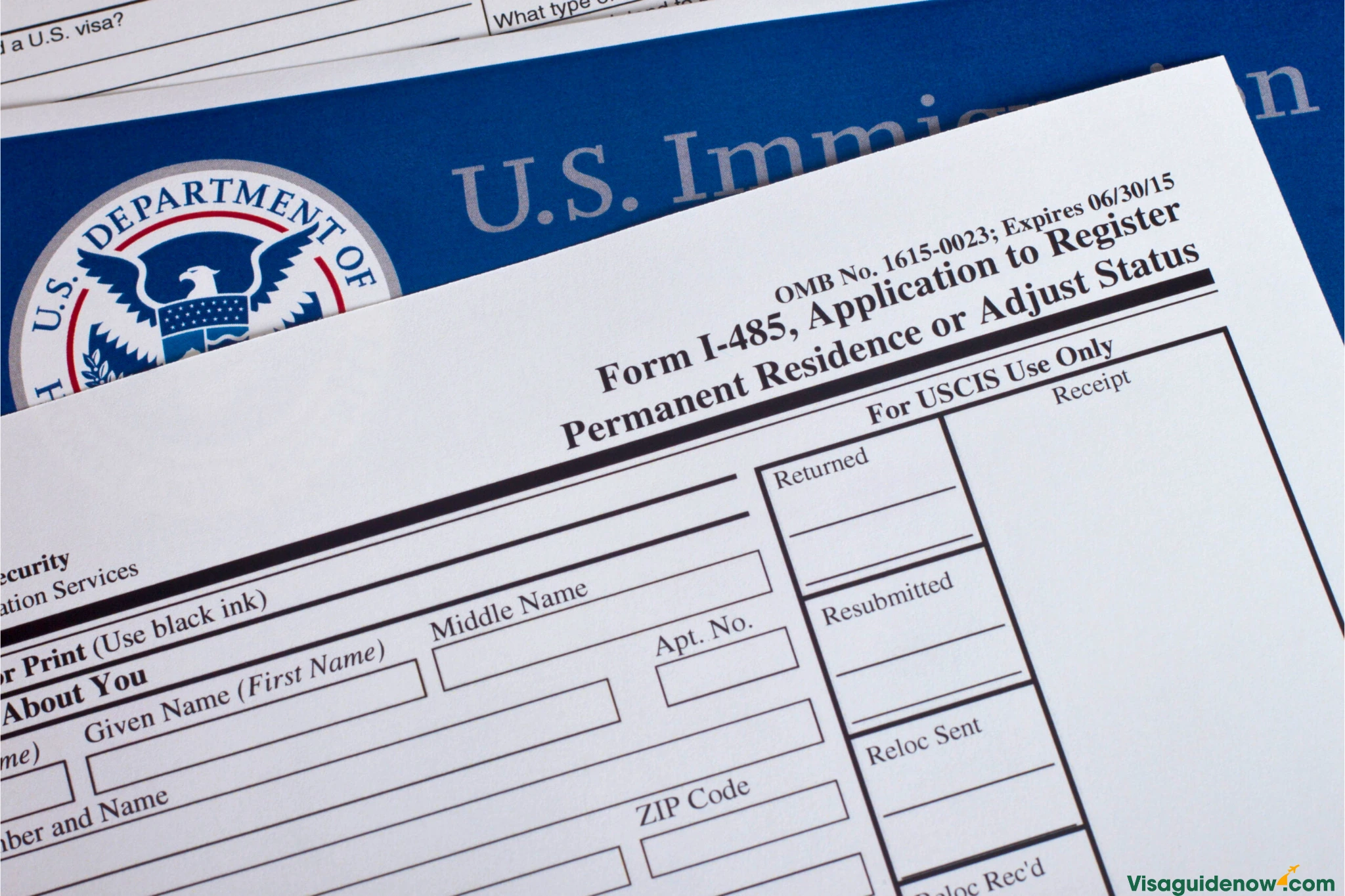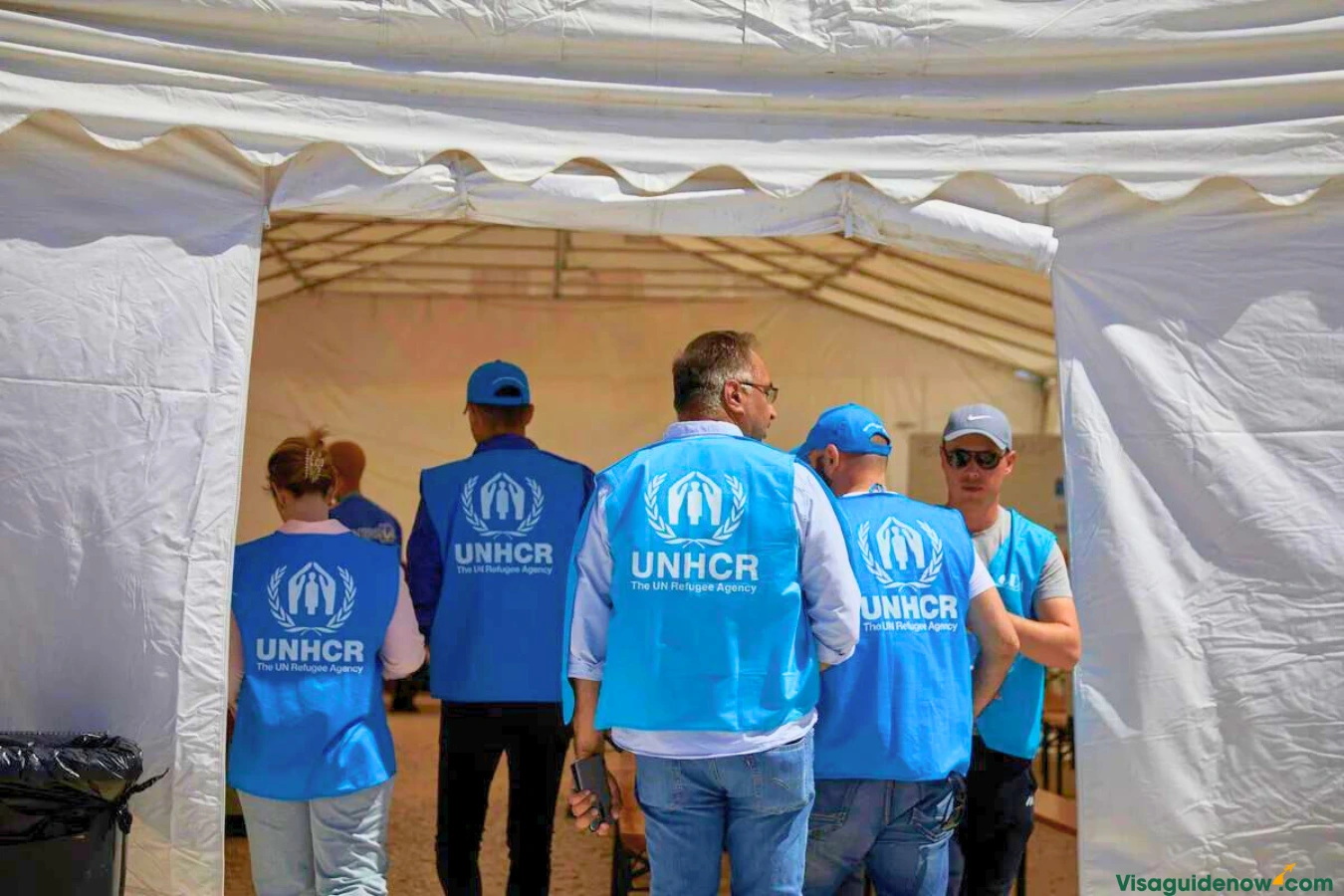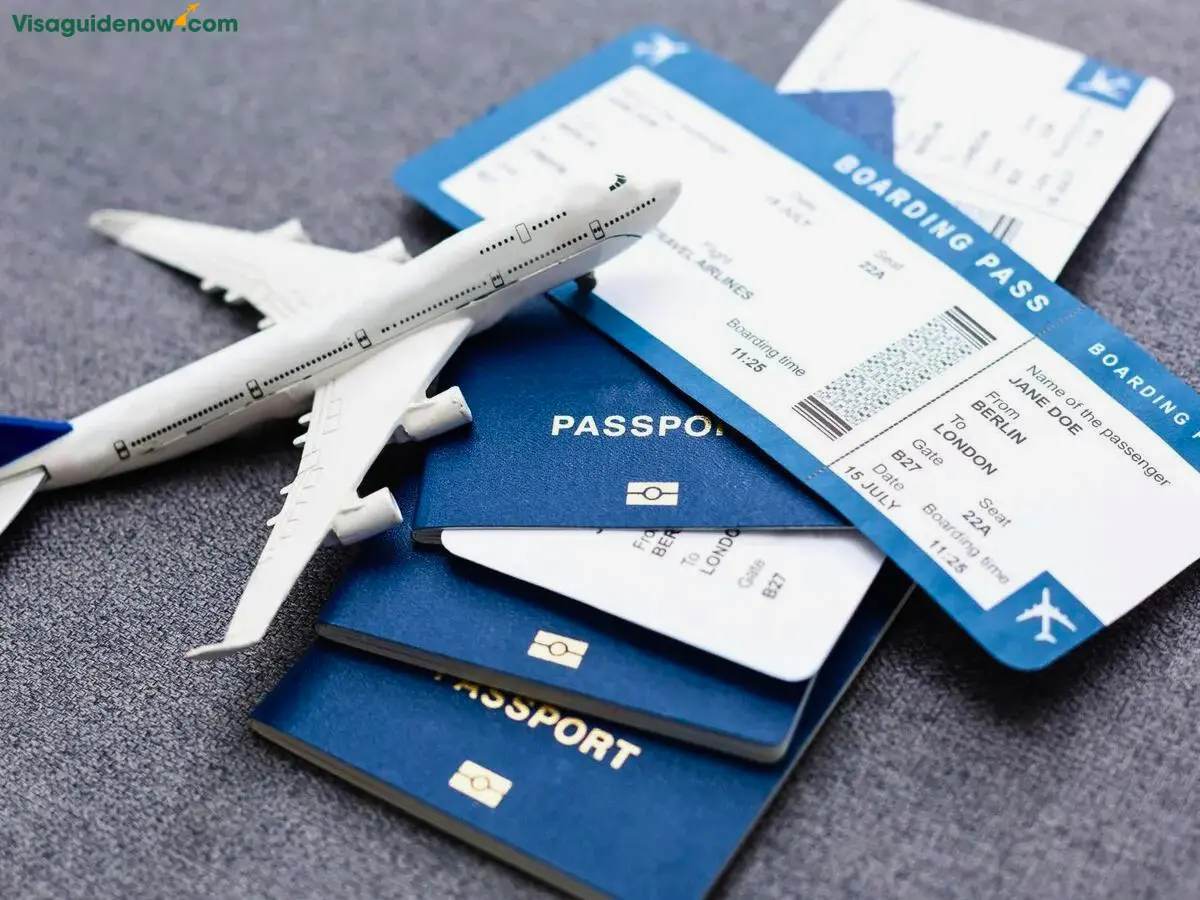Refugee Visa – Guidelines and Requirements
Author:Trang Huynh | 27/02/24
Are you being persecuted in your home country for reasons such as religion, race, nationality, or membership in a particular social group? You can apply for a refugee visa to stay in a foreign country. Learn the steps, requirements, and procedures for different countries.
What is a refugee visa?
A refugee visa is a type of visa that allows a person who has been persecuted or has a well-founded fear of persecution in their home country to seek protection in another country. A refugee visa grants the person the right to live, work, study, and access health and social services in the host country. This type of visa also offers the possibility of permanent residency or citizenship in the future.
Refugee visa eligibility criteria
To be eligible for a refugee visa, a person must meet the definition of a refugee according to the 1951 Refugee Convention and its 1967 Protocol. This means that the person must have a well-founded fear of being persecuted for reasons of race, religion, nationality, membership of a particular social group, or political opinion, and be unable or unwilling to avail themselves of the protection of their home country or country of habitual residence.
Difference between asylum seeker and refugee
An asylum seeker is a person who has left their home country and is seeking protection in another country, but whose claim for refugee status has not yet been determined. An asylum seeker may or may not meet the criteria for a visa, depending on the outcome of their application process.
A refugee is a person who has been recognized as meeting the criteria for a visa and has been granted protection by the host country.
What are the countries that you can apply for a refugee visa?
Some of the most common countries that accept refugees are:
Refugee visa application process
To apply for refugee visa, you need to follow these general steps:

- Step#1. Apply for refugee status: You have to make a formal request to be considered as a refugee. You can submit your request to a UNHCR office or a foreign government.
- Step#2. Undergo security screening and interview: Your application will be reviewed by a refugee agency or a government authority, such as the U.S. Citizenship and Immigration Services (USCIS), to determine if you qualify for refugee status under their laws. You will also have to undergo security checks and a medical exam.
- Step#3. Get a sponsorship assurance: If you are approved for resettlement, you will need to get a sponsorship assurance from a resettlement agency or a private sponsor group in the country where you want to go. They will provide you with initial assistance and support when you arrive.
- Step#4. Arrange your travel: Once you have completed all the required steps, your travel will be arranged by the International Organization for Migration (IOM) or another organization. You will also receive cultural orientation to help you prepare for your new life.
What if I don’t have refugee status?
Without refugee status, you cannot apply for refugee visa. However, you can seek asylum at a country’s port of entry and their government will review your case. Additionally, countries such as Australia offer other humanitarian visas to those who fear persecution in their home country.
Documents required for a refugee visa application
Required documents for a refugee visa application may differ based on the country and method of entry, but typically include:
- A valid passport or travel document
- A copy of the UNHCR or partner organization’s referral letter
- A completed application form for the visa of the resettlement country
- A recent passport-sized photograph
- A medical certificate or report
- A police clearance certificate or report
- A proof of identity, such as a birth certificate, a national ID card, or a driver’s license
- A proof of relationship, such as a marriage certificate, a divorce decree, or a death certificate, if applicable
- A proof of education, such as a diploma, a transcript, or a certificate, if applicable
- A proof of work experience, such as a resume, a reference letter, or a contract, if applicable
- A proof of language proficiency, such as a test score, a certificate, or a letter, if applicable
- A proof of financial support, such as a bank statement, a sponsorship letter, or a grant, if applicable
- Any other documents or evidence that support the claim of persecution and fear of return.

Refugee visa processing times
The processing of your visa application can take several months or even years. The reason for the delay in visa processing is the high number of refugees arriving each year.
Refugee visa fees
The refugee visa fees may vary depending on the country and the mode of entry, but generally they are either waived or subsidized by the UNHCR, the partner organization, or the resettlement country.
How long is a refugee visa valid for?
A refugee visa may grant the person the following statuses:
- A permanent resident status: which allows the person to live and work indefinitely in the host country, and to apply for citizenship after a certain period of time
- A temporary resident status: which allows the person to live and work for a limited period of time in the host country, and to apply for permanent residency or citizenship after meeting certain criteria
- A conditional resident status: which allows the person to live and work for a limited period of time in the host country, and to maintain their status as long as they comply with certain conditions
Do refugees get permanent residence?
After assimilating into their new nation, refugees are indeed granted citizenship and permanent residence.
Refugee visa denial
There are several reasons why your visa could be refused:
- You do not meet the conditions for a refugee visa.
- You have a criminal past and are seeking asylum to avoid prison.
- There is no financially viable reason why you cannot return to your own country.
- You have already gotten protection from another country.
After you get the refugee visa
After your visa is approved, your host country will help you settle in. If you can’t use your passport, you’ll receive a Refugee Travel Document that lets you travel to other countries except your home country. Eventually, you can become a citizen and get a new passport.
Can I go to my home country with a refugee visa?
Once you have received your refugee visa, you cannot return to your country of origin. If you must return, you must obtain authorization from your host nation, and you cannot use your original passport to travel. In this instance, you must utilize your refugee travel document.







